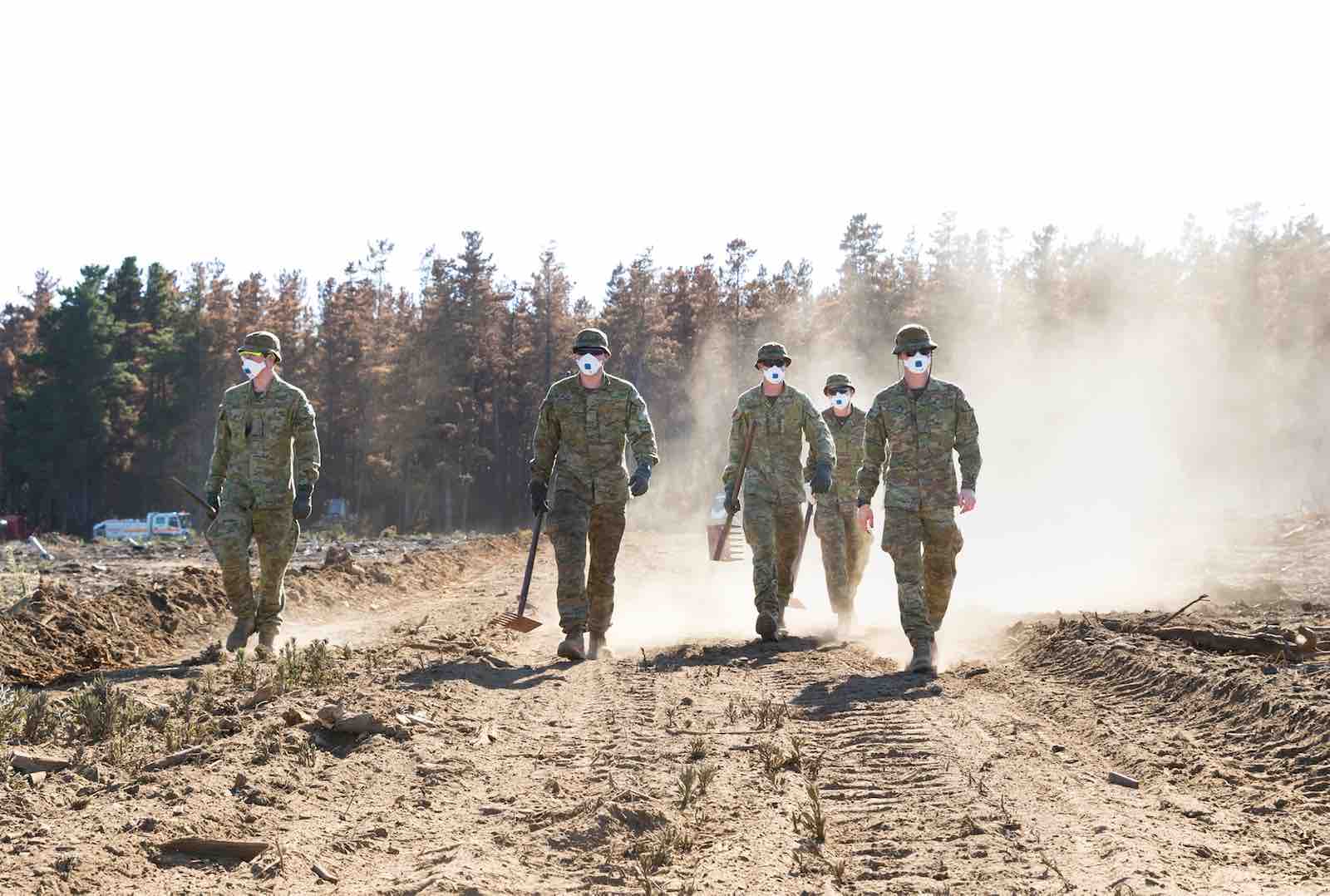Climate change is a security issue
Not traditionally considered a security issue, climate change is now high on the global policy agenda
Though the COVID-19 pandemic has taken over the headlines as the preeminent global threat in the last nine months, climate change has not gone away and still poses complex challenges to peace and sustainable development. The hard lessons we have learned so far from the pandemic are also highly relevant for climate change – revealing the fragility of social, economic and political systems in the face of transnational security challenges under conditions of global interconnectedness. Such risks are closely intertwined, boosting one another’s disruptive potential in obvious, and not so obvious ways, such as the link between ecological degradation and the overwhelming zoonotic origins of infectious diseases, as stressed by UN Secretary-General Antonio Guterres in his recent speech The State of the Planet.
The 16th annual UNOG-DCAF Seminar convened in December to discuss how climate change affects global and local security governance. Representatives from DCAF, UNOG, UNDRR and UNOWAS, as well as representatives of small island states (Barbados) and the security sector (Niger), discussed how national security sectors across the globe are impacted by climate change and how they can actively contribute to the mitigation and/or adaptation of the security risks.

SECURITY RISKS OF CLIMATE CHANGE GO FAR BEYOND DISASTERS
Extreme climate and weather-related events, as well as rising sea levels, ocean acidification, and desertification, can have a direct effect on security. But climate change also has indirect effects, such as how it amplifies insecurity in places already made fragile by conflict, poverty, and inequality. 70% of the countries that are most vulnerable to climate change are also considered to be fragile. More than half of the 15 countries most susceptible to climate risks also host a UN peacekeeping or special political mission. Climate-related hazards, environmental degradation, and scarce resources threaten livelihoods and push people into migration and internal displacement. These pressures tend to disproportionately affect women and children and can contribute to the radicalization of youth and/or other socially and economically vulnerable individuals, thereby creating a breeding ground for extremist violence. In the Sahel and Lake Chad regions, for example, the scarcity of water and fertile land drives conflict between farmers and herders, and has led to increased recruitment and criminal activities by non-state armed groups.
NATIONAL SECURITY SECTORS MUST ADAPT TO NEW CHALLENGES
Traditionally, security forces have been at the forefront of climate-induced disaster response and recovery operations. However, they are increasingly asked to handle climate security risks that go well beyond disaster management and risk prevention, and are associated with heightened conflict – such as increasing competition over control of natural resources. This new range of challenges can potentially lead to shifts in the roles and activities of the security sector, albeit unequally across the globe.
As we have seen in the response to the global health crisis that is COVID-19, the security sector must adapt its own practices in order to effectively meet the new challenges. Good governance of the sector will serve to enhance the resilience of communities dealing with the risks and consequences of climate change.
THE WAY FORWARD
National security sectors must increase their capacity to respond and manage climate change-based security risks. This will require effective policy, and a strong foundation of good governance, including democratic control, rule of law, accountability, and respect for human rights. The management of climate security risks should be grounded in consultations with affected communities, in addition to experts and other national stakeholders. Last but not least, to inform evidence-based policy making more research is needed into the context-specific mechanisms at play and the intersection of national security sectors with climate security.
Read more about Climate Change and Security Risks from the United Nations Environment Programme.
For DCAF analyses of how climate change affects the security sector, please see the Geneva Global Policy Brief "The Security Sector and Climate Change".
 Share on Facebook
Share on Facebook Share on Linkedin
Share on Linkedin Share on Twitter
Share on Twitter